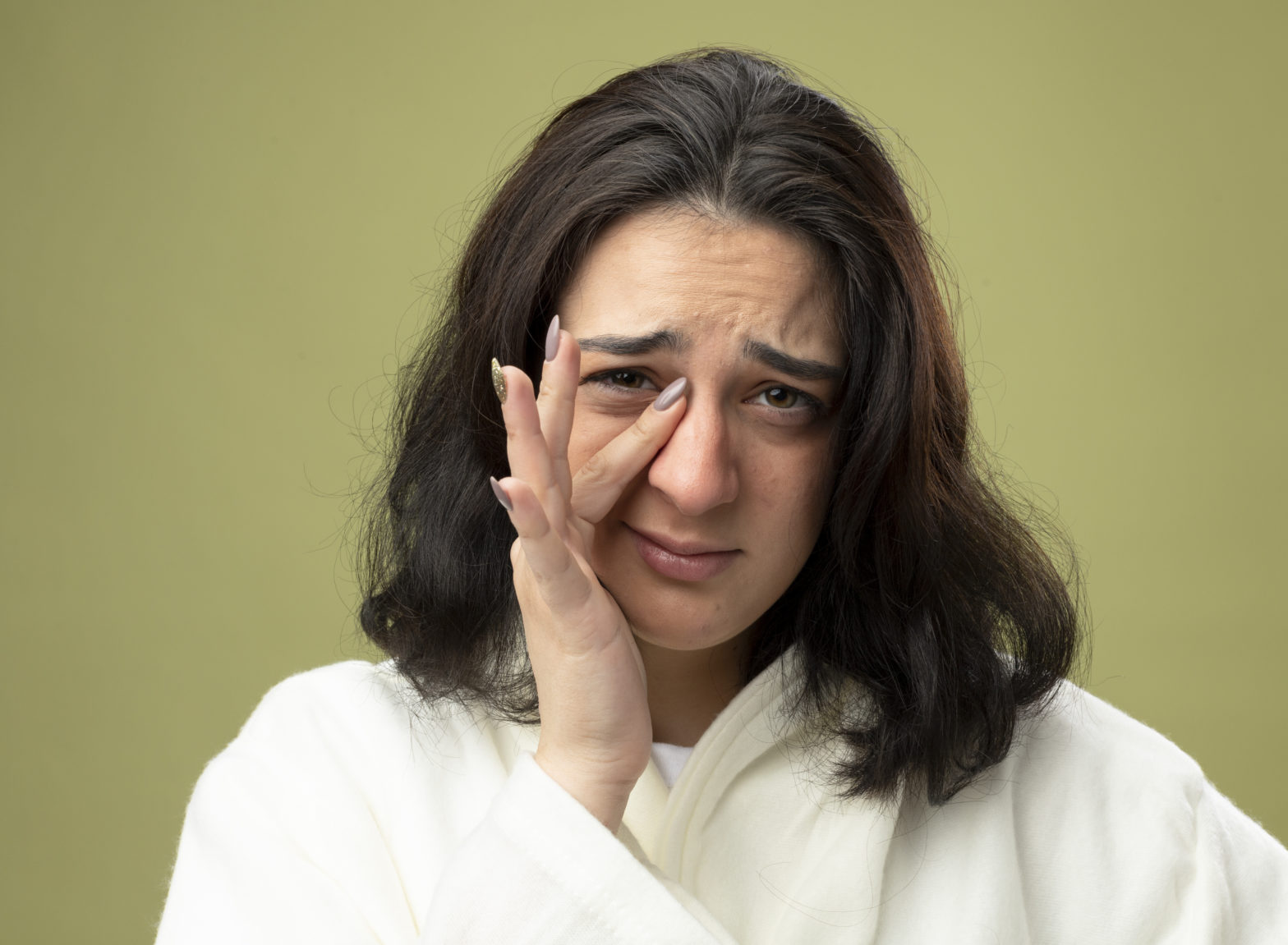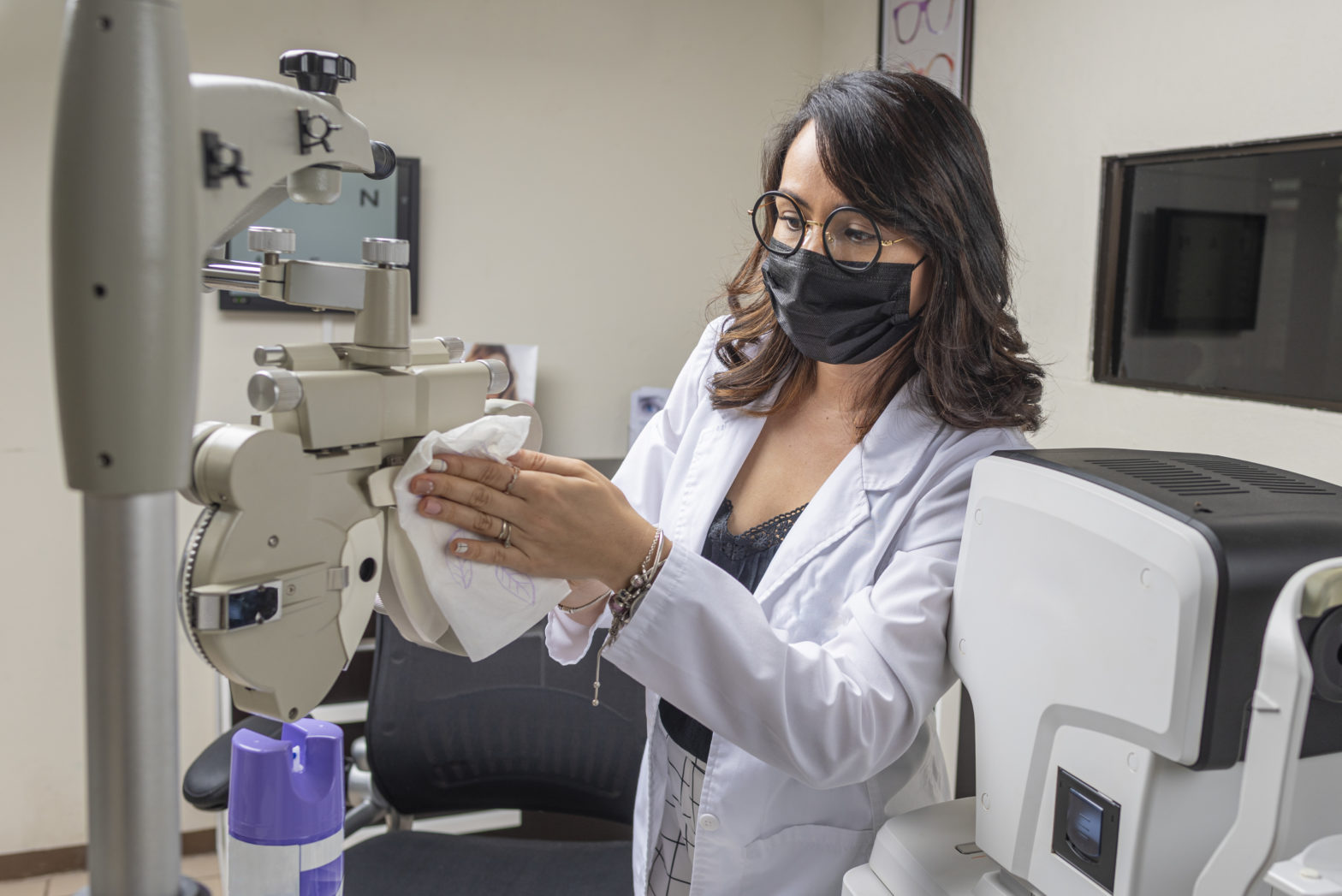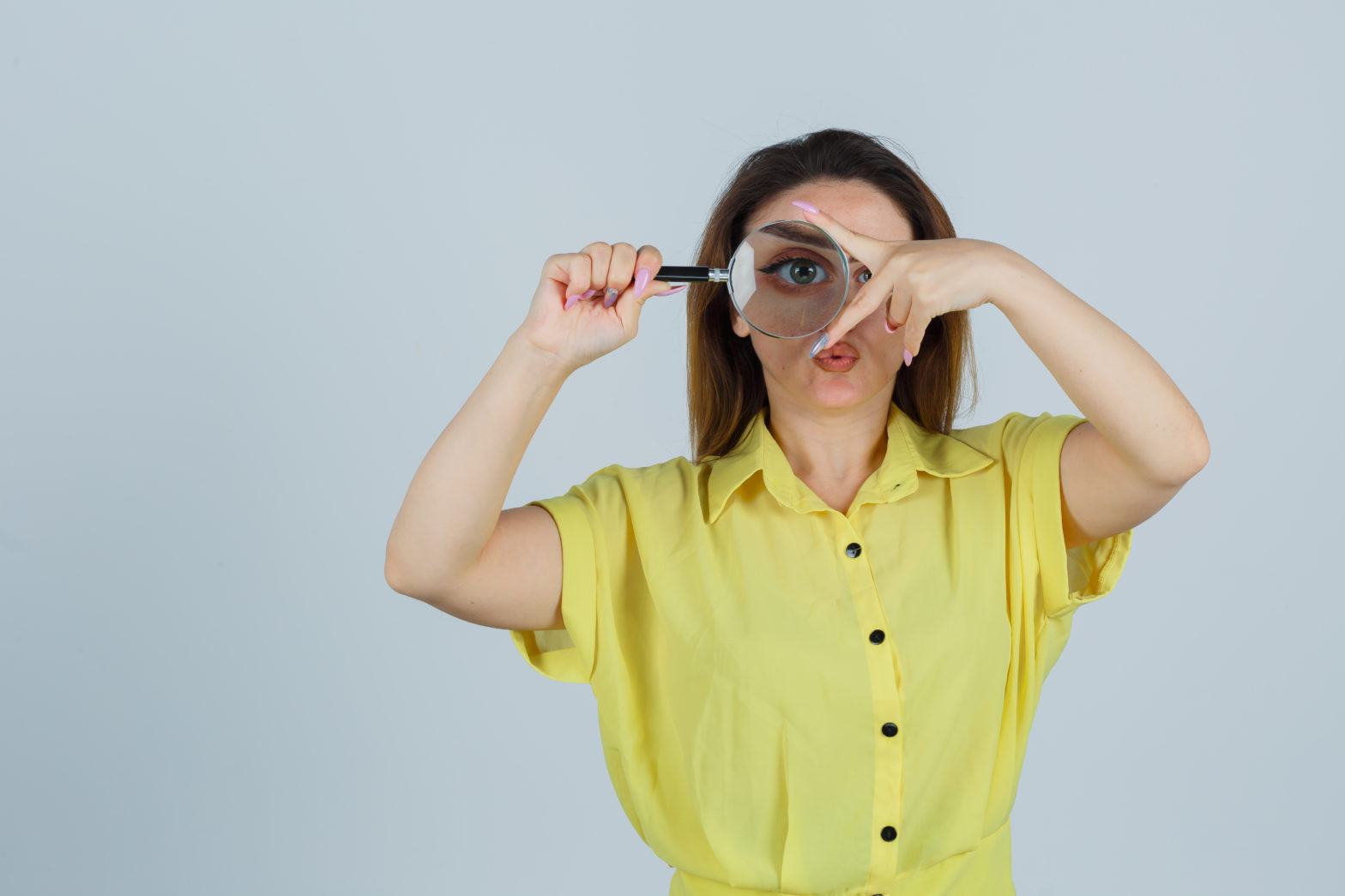We all know how our skin sags, as we grow older. As the dryness, the wrinkles, lustre-lacking skin gradually starts to show up, we have already started battling it with regular dose of cosmetic creams, food, exercise, etc. We do this because these signs are visible enough, but what if certain signs of loss or weakness in our body are sneaky.
Maybe the most common effect of ageing is the progressive vision deterioration for near with unaided eye. As we grow older, focusing muscles inside our eyes called ciliary muscles become weak and unable to contract when we try to see an object close to our eyes. Almost in every case, this kind of eye problem is solved by wearing spectacles for near. However, there are several times when the eye problem is caused due to side effect of an eye disease which tends to affect the eye with growing age. and therefore, in situations like these eyeglasses or contact lenses are not the only solution and one may require other forms of eye treatments and surgeries depending on the eye disease. Here is the list of a few eye symptoms and eye diseases which can affect a person’s eye with increasing age and hence calls for regular eye check-ups especially after the age of 40.
- Side vision loss: Our eyes starts losing it ability to focus on side gaze (peripheral vision) making routine activities like driving, road crossing, a problematic situation. This can most often happen due to disease like Glaucoma. It can affect a small portion of people and its prevalence tends to increase with age. Glaucoma is a silent disease and most often detection happens during the routine eye check-ups.
- Fading color vision: With increasing age, some people have trouble in differentiating between different colours. It is most commonly seen in people with cataracts and with certain type of advanced retina diseases like Age related macular degeneration etc.
- Light sensitivity: Increased light sensitivity with growing age happens due to dry eyes, cataracts, glaucoma and with some of retinal diseases as well.
- Dry Eyes: Tears is one component that lubricates our eyes. But, with growing age, the production of the tears in our eyes reduces leaving them dry.
Let’s have a look at some eye diseases that affect our vision as we age.
- Cataract: World’s leading cause of blindness- Cataract that clouds the natural crystalline lens of our eye causes hazy vision. Although, Cataract is known to be the most common age related eye disease, children also get affected by this eye disease. It can be easily treated by replacing the natural lens with new intraocular lens.
- Glaucoma: Glaucoma is a collection of eye disorder that affects the optic nerve, which results in vision loss and blindness. It is often called as “the sneak thief of vision”, which is usually associated with increase in the eye pressure.
- Diabetic retinopathy: Diabetic retinopathy is an irreversible eye disease that affects people who have diabetes or those with increased levels of sugar in their blood. This can cause severe damage to our vision leading to partial or complete blindness. Early detection helps to evaluate its best treatment.
- Age Related Retinal degeneration: This is a retinal disease which tends to affect our eyes as they age. People affected by age related degeneration depending on the stage and type may have mild symptoms like reduced contrast sensitivity to serious loss of central vision. ARMD needs regular check-ups and treatment as and when needed with injections and retinal lasers. Patients are often advised to eat foods rich in anti-oxidants and avoid excessive UV light exposure.
Of course, the number of eye diseases and eye disorders as we age doesn’t end here. Besides the abovementioned, there are millions of eye diseases affecting our vision. However, if these eye diseases are not timely treated, then these can lead to complete loss of vision i.e. blindness. Clearly, we need not let such loss happen in our life. Thankfully, regular eye examination can help in knowing the health of eye as well as the hidden eye diseases beforehand. This saves our vision from permanent damage. Thus, frequent eye check-ups are always recommended.









